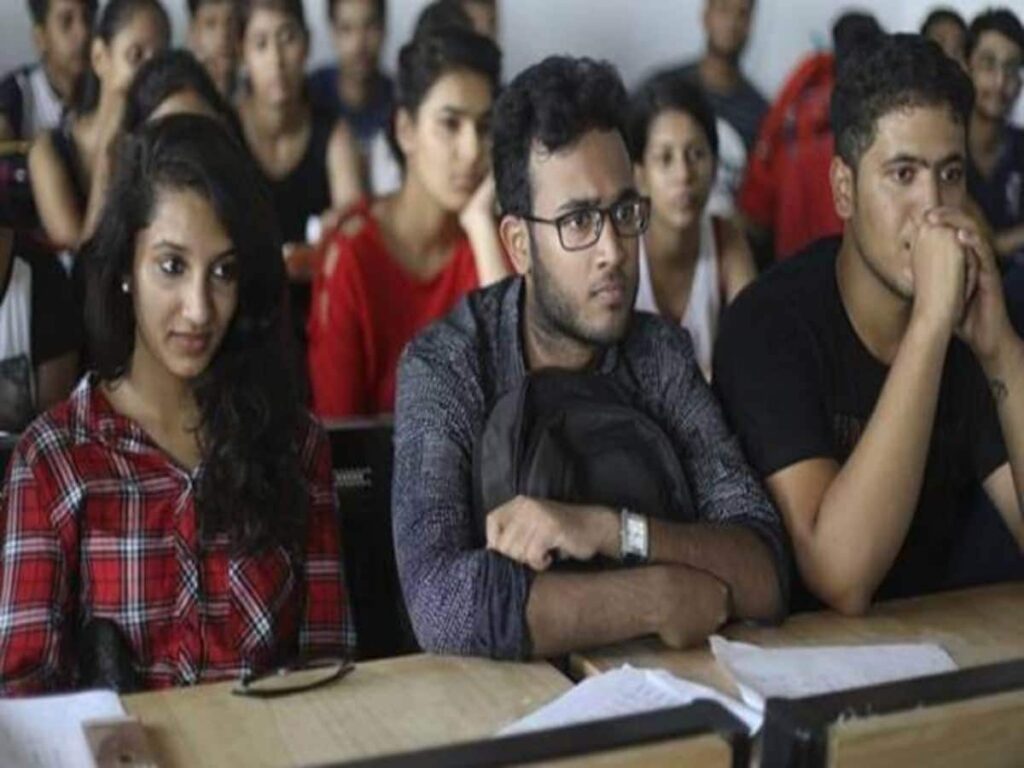The Indian Institutes of Technology (IITs) are renowned for their rigorous academic programs and competitive admissions processes. However, to promote inclusivity and ensure that students from diverse backgrounds have the opportunity to pursue quality education in engineering and technology, many IITs have implemented policies to lower the admission cut-off marks for reserved categories and have also reduced their tuition fees. This initiative not only reflects an effort to provide equitable access to education but also aims to enhance the representation of underprivileged communities within these prestigious institutions.
Understanding the Admission Process
The admission to IITs is primarily conducted through the Joint Entrance Examination (JEE) Advanced, which is one of the toughest entrance exams in India. The cut-off marks for various categories, including General, OBC (Other Backward Classes), SC (Scheduled Castes), and ST (Scheduled Tribes), differ significantly.
Cut-off Marks for Reserved Categories
Historically, students belonging to reserved categories have had lower cut-off marks compared to their general category counterparts. For example:
| Category | Cut-off Marks (Example) |
|---|---|
| General | 85% |
| OBC | 75% |
| SC | 65% |
| ST | 60% |
Reduced Tuition Fees for Reserved Categories
In addition to reduced cut-offs, many IITs have also lowered the fees for students belonging to reserved categories. This helps in alleviating the financial burden on these students and encourages them to pursue higher education.
Tuition Fee Structure
The following table illustrates the general tuition fee structure for IITs based on categories:
| Category | Annual Tuition Fee |
|---|---|
| General | ₹2,00,000 |
| OBC | ₹1,50,000 |
| SC/ST | ₹1,00,000 |
| PWD | ₹50,000 |
Impact on Diversity and Inclusion
The initiatives to lower cut-offs and fees are significantly contributing to enhancing diversity within IITs. By creating a more inclusive environment, these institutions are fostering a blend of cultures and perspectives that enrich the academic experience for all students.
Conclusion
In conclusion, the policies adopted by the Indian Institutes of Technology to lower cut-off marks and reduce tuition fees for reserved categories serve as essential steps toward achieving equitable access to premier educational institutions. By implementing these measures, IITs are not only promoting inclusivity but are also paving the way for a more diverse and well-rounded student body. This approach not only benefits the individual students but also strengthens the educational ecosystem as a whole, encouraging innovation and collaboration across various backgrounds and disciplines.
